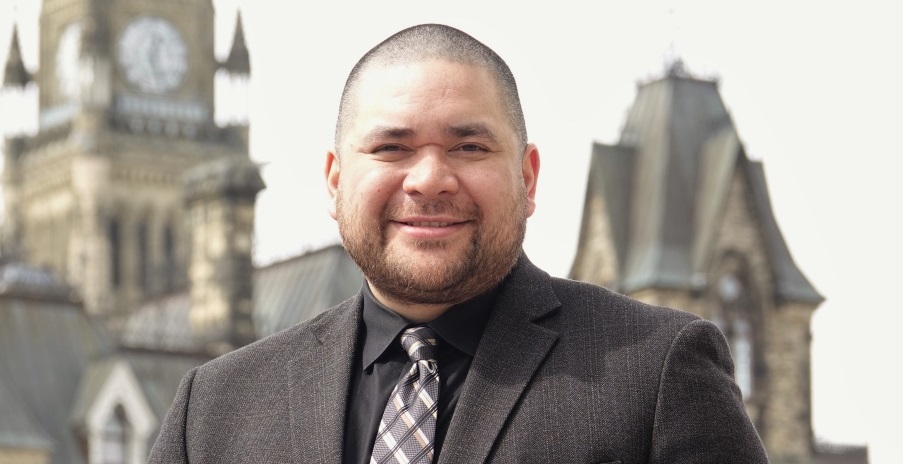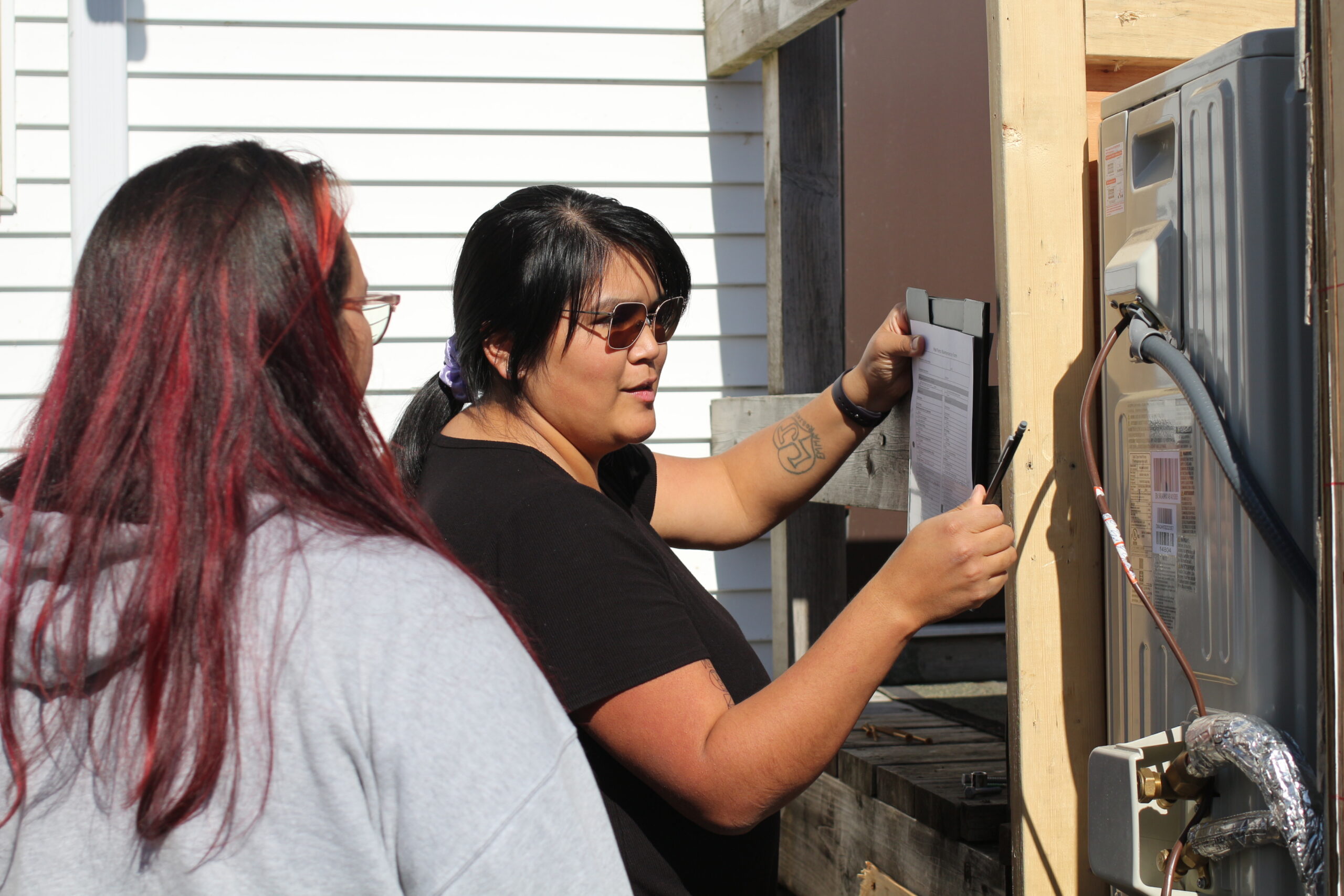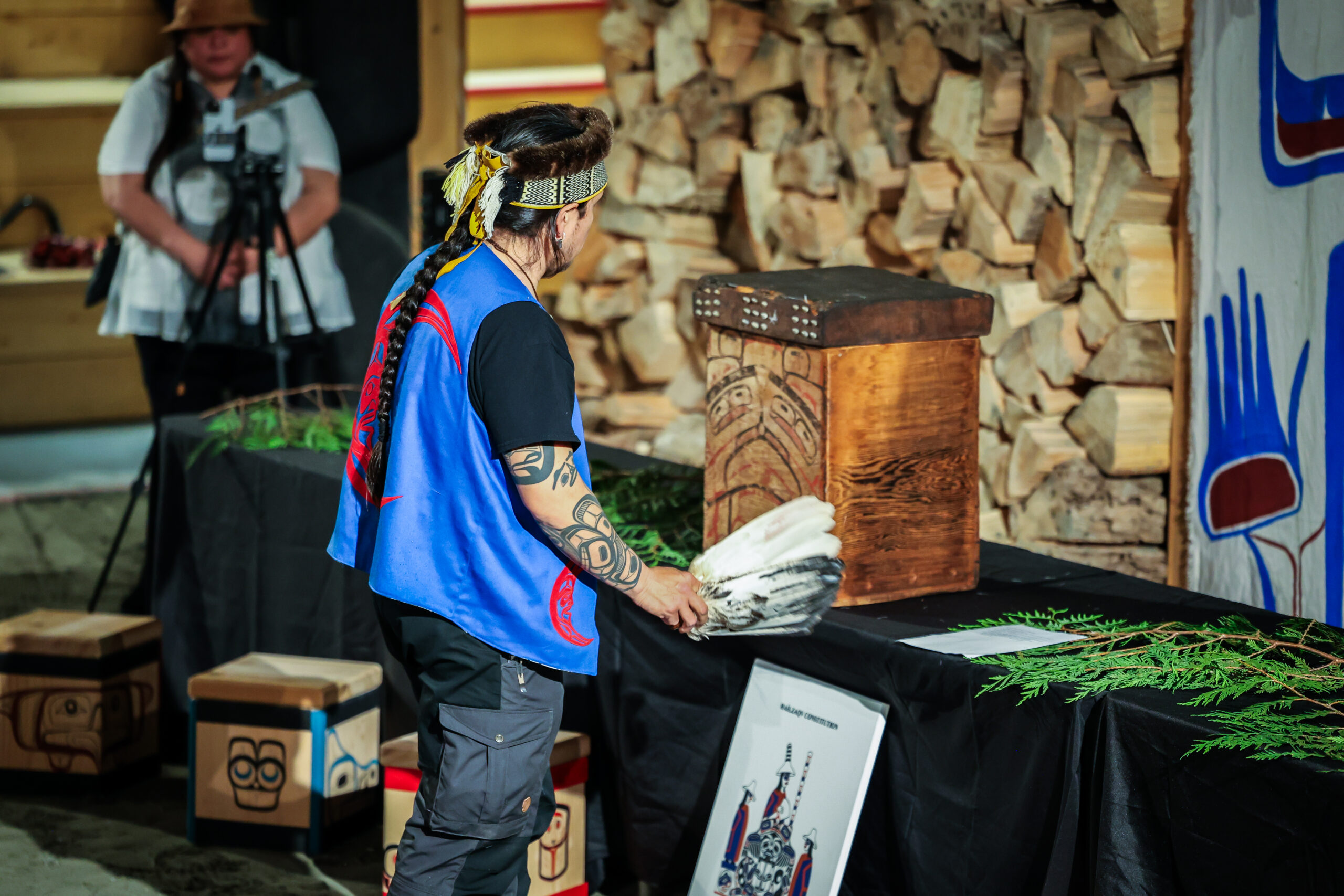A longer version of this article was originally published on the Yellowhead Institute website on March 16, 2020.
Dr. Alika Lafontaine is an Oji-Cree-Poly award-winning physician, past-President of the Indigenous Physicians Association of Canada and the first Indigenous physician included in Canada’s 50 Most Powerful Doctors. In this brief, he shares advice he gave to his family on how to respond to COVID-19.
Protecting Elders
When talking about containment of COVID-19 we’re talking about containment for the sake of our Elders and those with chronic medical conditions. It’s really tempting to focus on the risks from COVID-19 that apply to ourselves. But it has become clear (for now at least) that most patients less than 50 years old and who are otherwise healthy are unlikely to develop serious sickness.
A unique pandemic
Many of those infected don’t experience major issues or symptoms. Since we feel healthy, we don’t change our day to day activities and then expose those who are at higher risk.
Advice for families
In my family, there are three generations that interact regularly (my parents are both older than 60 but don’t like to be called elderly). Our families eat together, socialize, teach, play and live in close proximity.
How do you self-isolate when lives are so closely intertwined?
Make a commitment to stay away from non-essential social events. None of us are travelling internationally for the next few weeks, which may stretch into months depending on how COVID-19 evolves. We are keeping careful track of where we go, the people we come in contact with and monitor our own symptoms.
Close proximity is a major danger to my Elders, but the closeness of our relationships is also a protection if that leads us to be more mindful.
Watch for the symptoms and warning signs of COVID-19, which include:
- Fever
- Cough
- Shortness of breath
If exhibiting these symptoms, call ahead to your doctor, hospital or nursing station let them know you’re coming and are concerned about COVID-19. When you arrive, they may take a swab of your nose or mouth or ask for a sample of sputum. You will be asked to return home and self-isolate while the testing is being processed.
Where do we go from here?
It is unclear how quickly this coronavirus will spread in Canada and in Indigenous communities or how long it will last. it is also unclear what federal preparations are in place for First Nation communities.
At the moment, we can simply do our part to slow the transmission to avoid overwhelming the healthcare systems.
Try to monitor your local Nations’ communications. We can hopefully all rely on our families, across the generations, to be mindful of each other.
The Yellowhead Institute is a First Nation-led research centre based in the Faculty of Arts at Ryerson University in Toronto, Ontario. Privileging First Nation philosophy and rooted in community networks, Yellowhead is focused on policies related to land and governance.


